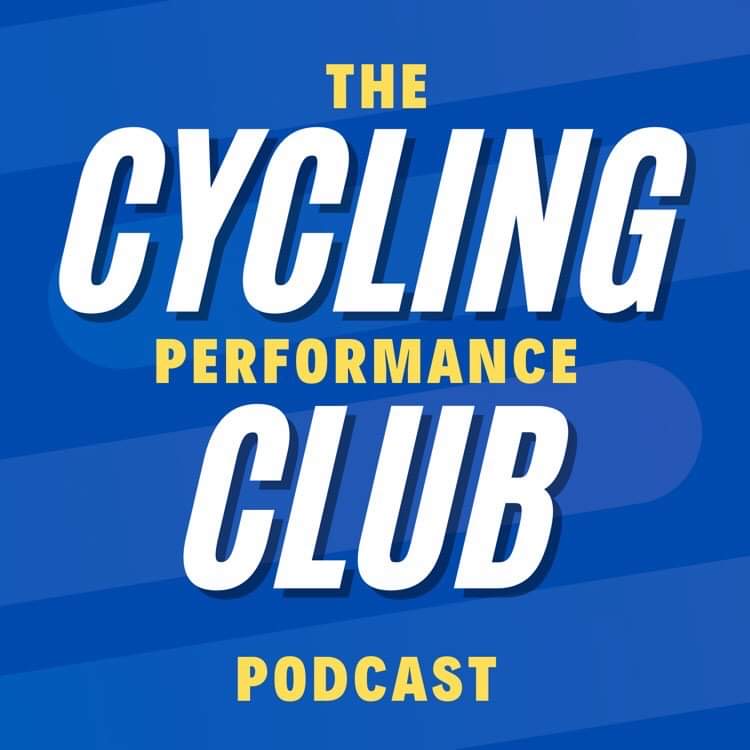In this episode, we’re taking a closer look at what might be one of cycling’s most sacred cows- altitude training. If you believe that altitude training is basically compulsory for elite cyclists, we invite you to have an open mind and embrace a skeptical mindset as we take a closer look at this common intervention. Our aim here is to highlight some of the lesser known detriments of altitude training and help cyclists consider if the outcome is truly worth the cost, effort, and risk- because for some riders, it might actually do more harm than good!
But if we’re going to challenge the status quo, we wanted to make sure we spoke to someone who had the expertise, background, credentials, and zero conflict of interest. This is how we ended up talking with Professor Jerome Dempsey. Jerry is a world-renowned respiratory physiologist with nearly 60 years of experience in applied physiology research, 400+ scientific articles to his name, and a penchant for closely examining the claims made about training endurance athletes in hypoxia.
Are the benefits of altitude training as good as the habits of the pros might have us believe? Does everyone benefit from altitude training? What are the drawbacks? Could we improve the intervention’s outcomes? If the benefits are truly not worth the cost, what would it take to change the culture and attitudes toward altitude training? Check out this episode to get insight into these questions and more!
Guest panelist:
Jerome Dempsey, Ph.D.
UW-Wisconsin Staff Page
Researchgate
Episode References:
Hypoxic Training Is Beneficial in Elite Athletes
Hypoxic Training Is Not Beneficial in Elite Athletes
Humans In Hypoxia: A Conspiracy Of Maladaptation?!
Evidence that heat acclimation training may alter sleep and incidental activity
This is a listener supported podcast, and we would be stoked if you supported us by becoming a member of The Cycling Performance Club! With your backing we can continue our mission to deliver the best in cycling performance knowledge and practical advice to you and the greater cycling community. Support The Club by clicking here!
Co-hosts:
Jason Boynton, Ph.D.
boyntoncoaching.com
Cyrus Monk
cyclistscientist.com
Producer & co-host:
Damian Ruse
semiprocycling.com
Website: cyclingperformanceclub.com
Instagram: @cyclingperformanceclub
Facebook: @cyclingperformanceclub
Twitter: @cyclingclubpod
LinkedIn: The Cycling Performance Club Podcast

In this episode we chat with Luke Plapp - Olympic bronze medalist on the track, current Australian Road Champion, and Ineos Grenadiers rider- about...

Testing cyclists is a key component of a science-based approach to improving cycling performance. And there is a surprising amount of important theory to...

In this part two on critical power (CP) we continue our conversation with Jason Bartram and cover W’ and W’ balance. Additionally, we consider...